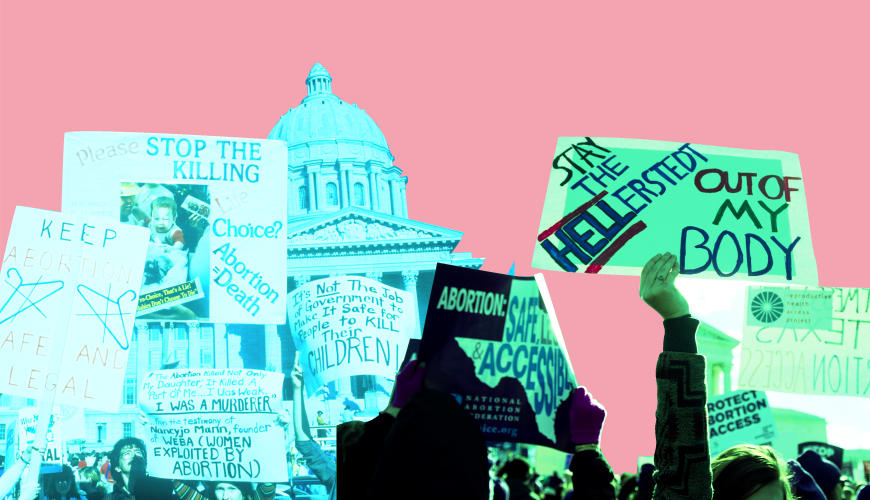
Understanding Abortion: Perspectives, Controversies, and Considerations
Abortion is a deeply polarizing and complex issue that encompasses a myriad of ethical, legal, and socio-cultural considerations. It evokes strong emotions and sparks heated debates among individuals, communities, and nations worldwide.
Understanding the multifaceted nature of abortion requires an exploration of its historical context, the diverse perspectives surrounding it, and the implications it carries for individuals and society.
Historical Context Of Abortion
The practice of abortion dates back to ancient civilizations, where various methods were employed for terminating pregnancies. Throughout history, attitudes toward abortion have fluctuated, influenced by religious, cultural, and medical beliefs.
In many societies, abortion was accepted and even encouraged under certain circumstances, while in others, it was condemned and prohibited.
In the 20th century, advancements in medical technology and changing social norms led to shifts in abortion policies and practices. The legalization of abortion in some countries was met with resistance and activism from both pro-choice and pro-life advocates, setting the stage for ongoing debates over reproductive rights and women’s autonomy.
Perspectives And Viewpoints
The debate over abortion revolves around conflicting values, including the rights of the unborn fetus, women’s reproductive autonomy, religious beliefs, and the role of the state in regulating reproductive healthcare.
Proponents of abortion rights argue that women have the fundamental right to make decisions about their bodies, including whether to continue or terminate a pregnancy. They emphasize the importance of access to safe and legal abortion services in safeguarding women’s health and autonomy.
On the other hand, opponents of abortion, often referred to as pro-life advocates, assert the sanctity of human life from the moment of conception and view abortion as morally wrong and tantamount to taking a human life.
They advocate for legal protections for the unborn fetus and promote alternatives to abortion, such as adoption and support for pregnant women in need.
Controversies and Challenges
Abortion remains one of the most contentious issues in contemporary society, with debates centering on various contentious topics, including:
- Legal Restrictions: Laws governing abortion vary widely across countries and states, ranging from highly restrictive to permissive. Legal battles over abortion rights continue to shape legislative agendas and judicial decisions, with implications for access to reproductive healthcare and women’s rights.
- Ethics and Morality: The moral status of the fetus and the rights of pregnant individuals are at the heart of ethical debates surrounding abortion. Resolving questions about when personhood begins and how to balance competing moral claims remains a significant challenge for ethicists, policymakers, and society as a whole.
- Access and Equity: Disparities in access to abortion services based on factors such as income, geography, and race persist, exacerbating existing inequalities in healthcare. Limited access to affordable and culturally competent reproductive healthcare services disproportionately affects marginalized communities, further underscoring the importance of addressing issues of equity and social justice.
Considerations and Moving Forward
Navigating the complexities of abortion requires a nuanced understanding of the diverse perspectives, values, and experiences involved. Meaningful dialogue, informed by evidence-based research and respectful engagement, is essential for advancing constructive discussions and identifying common ground.
Ensuring access to comprehensive reproductive healthcare, including contraception, prenatal care, and abortion services, is vital for promoting reproductive justice and respecting individuals’ reproductive autonomy.
Additionally, addressing the underlying social determinants of health, such as poverty, discrimination, and inadequate healthcare infrastructure, is crucial for advancing equitable reproductive healthcare policies and practices.
Ultimately, the debate over abortion reflects deeply held beliefs about life, autonomy, and the role of the state in regulating personal decisions.
By fostering empathy, promoting dialogue, and upholding principles of dignity and human rights, societies can work towards creating environments where individuals can make informed choices about their reproductive health and well-being.
Contact us if you need help.
Dr James S Pendergraft | Orlando Women’s Center | Abortion Pill Clinic | Articles On Abortion


Leave a Reply
You must be logged in to post a comment.